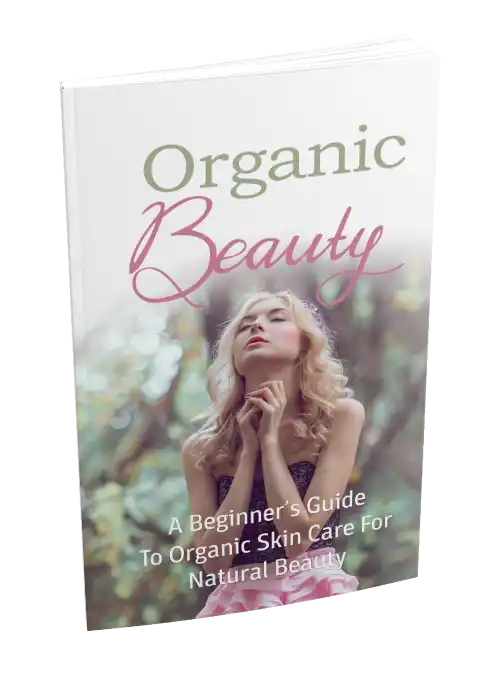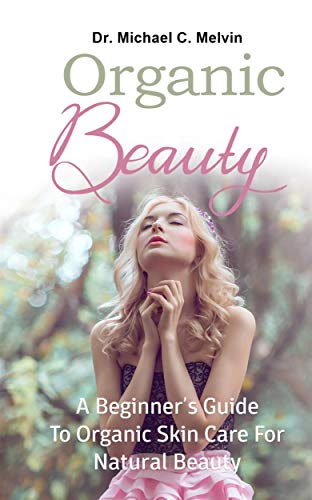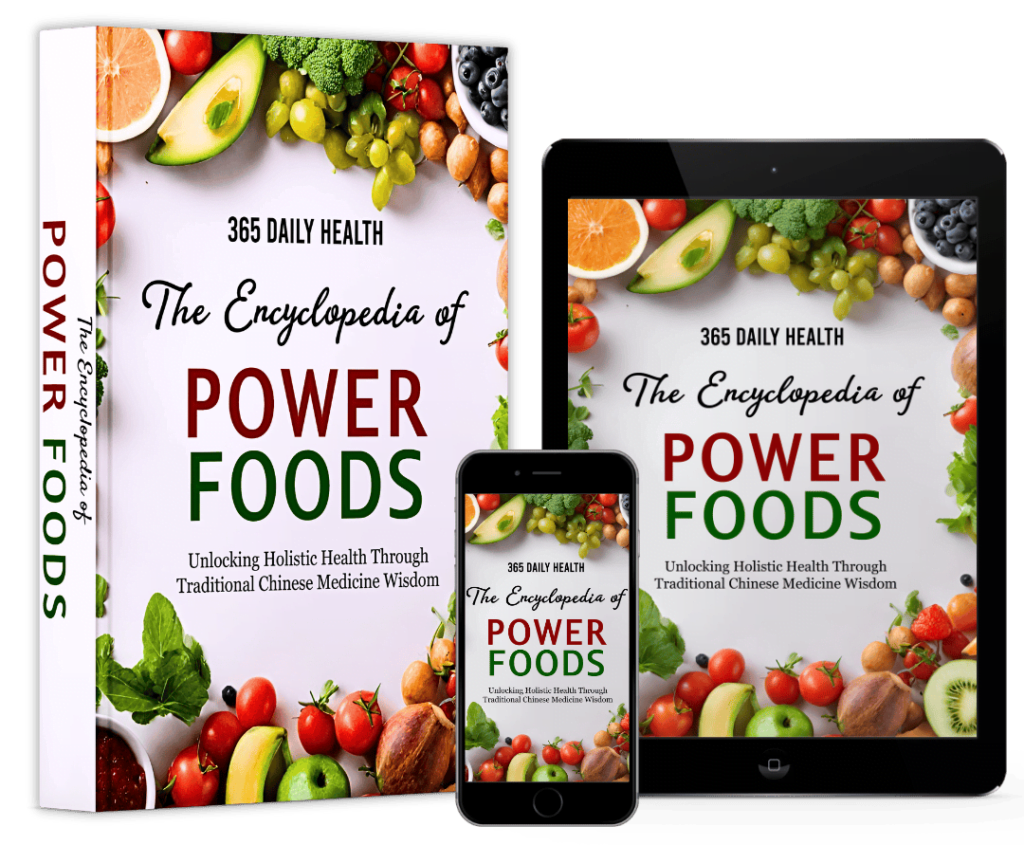
Introduction
Are you searching for an organic solution to natural beauty? If so, you’re not alone. The journey to achieving true natural beauty often leads many down a complicated path of chemical-laden products, expensive treatments, and endless frustration. The beauty industry can be overwhelming with its promises of flawless skin, but what if I told you that the answer lies in simplicity? Embracing Organic Beauty can transform your skin, your health, and your perspective on beauty itself.
In recent years, there has been a significant shift towards organic and natural products in the beauty industry. Consumers are becoming more aware of the harmful effects of synthetic ingredients and are seeking alternatives that are safer, healthier, and more environmentally friendly. This guide is designed to help you understand the principles of organic beauty, the benefits of using natural products, and how to incorporate organic solutions into your daily routine.
What does beauty mean to you? For many, it means layering their face in makeup and trying to disguise their natural appearance. But perhaps true beauty is about embracing our natural selves and working with what nature has provided. This guide will offer insights, tips, and recipes to help you achieve a radiant glow from within, using the power of organic ingredients.
Product Overview

Organic Beauty is more than just a trend; it’s a movement towards a healthier lifestyle that respects the planet and the body. Organic products are derived from natural ingredients, free from harmful chemicals and synthetic additives. By prioritizing organic beauty, you support sustainable practices and ensure that your skin receives the nurturing it deserves.
This guide will delve into various aspects of organic beauty, including product ingredients, benefits, potential side effects, usage instructions, customer reviews, and comparisons with similar products. You’ll also find a detailed analysis of pricing and value for money, as well as a compelling call to action to help you take the first step toward embracing organic beauty.
Ingredients Analysis
When it comes to organic beauty, understanding the ingredients is crucial. Here are some key components often found in organic products:
- Shea Butter: Known for its moisturizing properties, shea butter helps to hydrate and nourish the skin. It is rich in vitamins A, E, and F, making it an excellent choice for dry or damaged skin. Shea butter also has anti-inflammatory properties that can soothe irritated skin.
- Coconut Oil: This versatile oil is not only a great moisturizer but also has antibacterial properties that can help combat acne and promote overall skin health. Coconut oil is rich in fatty acids, which help to lock in moisture and keep the skin hydrated.
- Oregano Oil: Rich in antioxidants, oregano oil can help protect the skin from environmental damage and promote a youthful appearance. Its antibacterial and antifungal properties make it an effective treatment for acne and other skin conditions.
- Essential Oils: From lavender to tea tree, essential oils provide numerous benefits, including calming the skin and enhancing mood. They can be used in various beauty products to add fragrance and therapeutic properties.
- Aloe Vera: Known for its soothing and healing properties, aloe vera is a popular ingredient in organic skincare. It hydrates the skin and helps to reduce inflammation, making it ideal for sensitive skin types.
- Honey: With its natural antibacterial properties, honey is a fantastic addition to organic beauty products. It helps to retain moisture and has healing properties that can improve the skin’s overall appearance.
These ingredients are gentle on the skin and work in harmony with your body, promoting a healthy, radiant complexion. Knowing how to read labels and identify harmful ingredients is key to making informed choices in your beauty routine.
Benefits
The benefits of adopting an organic beauty routine are vast and impactful. Here are some of the key advantages:
- Healthier Skin: Organic products are free from harmful chemicals that can irritate the skin and cause long-term damage. By using natural ingredients, you reduce the risk of allergic reactions and skin sensitivities.
- Environmental Impact: By choosing organic, you support sustainable farming practices that benefit the planet and reduce your carbon footprint. Organic farming methods promote biodiversity and reduce pollution, ultimately leading to a healthier ecosystem.
- Cost-Effective: Making your own organic beauty products can save you money in the long run, as many ingredients can be found in your kitchen. DIY beauty products can be both fun and economical, allowing you to customize your skincare routine to fit your budget.
- Unique Products: Creating your own beauty products allows you to customize formulas to suit your needs and preferences. You can experiment with different ingredients to find the perfect combination for your skin type.
- Holistic Approach: Organic beauty promotes a holistic approach to skincare, focusing on nourishing the body from the inside out. Many organic products also contain ingredients that support overall health, such as vitamins and minerals.
- Improved Mood and Well-Being: Many natural ingredients, such as essential oils, have aromatherapeutic properties that can enhance mood and promote relaxation. Incorporating these elements into your beauty routine can contribute to overall well-being.
Side Effects
While organic beauty products are generally safe, it’s essential to be aware of potential side effects. Some individuals may experience allergic reactions to natural ingredients, such as essential oils. Always perform a patch test before using new products, and consult with a healthcare professional if you have any concerns.
- Allergic Reactions: Natural ingredients can still cause allergic reactions in some individuals. It’s important to be aware of any personal sensitivities and to read labels carefully.
- Skin Sensitivity: Certain essential oils can be potent and may cause irritation if used in high concentrations. Diluting essential oils with carrier oils is recommended before applying them to the skin.
- Inconsistent Results: While organic products can be beneficial, they may not produce immediate results like some conventional products. Patience is key when transitioning to an organic beauty routine.
Usage Instructions
To get started with Organic Beauty, follow these simple steps:
- Cleanse: Begin with a gentle, organic cleanser to remove dirt and impurities. Look for products that contain natural ingredients like aloe vera or chamomile to soothe the skin.
- Moisturize: Apply a natural moisturizer, like coconut oil or shea butter, to hydrate the skin. Consider using a light oil, such as jojoba or argan oil, for a non-greasy finish.
- Treat: Use organic treatments, such as face masks or serums, to target specific skin concerns. You can easily create your own masks using ingredients like honey, oatmeal, or yogurt.
- Protect: Always use a natural sunscreen to shield your skin from harmful UV rays. Look for mineral-based sunscreens that contain zinc oxide or titanium dioxide for effective protection.
- Exfoliate: Incorporate gentle exfoliation into your routine once or twice a week to remove dead skin cells. You can make your own scrub using sugar or coffee grounds mixed with olive oil.
- Hydrate: Don’t forget to drink plenty of water throughout the day to keep your skin hydrated from within. A balanced diet rich in fruits and vegetables will also contribute to a healthy complexion.
Customer Reviews
Here’s what some satisfied customers have to say about their journey into organic beauty:
- Emily R.: “Switching to organic products has completely changed my skin. I’ve noticed a significant improvement in my complexion, and I love knowing that I’m using safe ingredients. My friends have even commented on how much healthier my skin looks!”
- Michael T.: “I was skeptical at first, but after making my own organic face wash, I’m a believer! My skin feels so much better, and I love that I’m not contributing to harmful chemicals in the environment. Plus, it’s fun to experiment with different recipes!”
- Sofia L.: “The DIY aspect of organic beauty has been so much fun! I love experimenting with different recipes and creating unique products tailored to my skin type. It’s empowering to know I’m taking control of my skincare.”
- Jasmine K.: “I had been struggling with acne for years and tried countless products, but nothing worked. After switching to organic skincare and making my own masks, my skin has cleared up significantly. I wish I had made the change sooner!”
Comparison with Similar Products
When comparing organic beauty products to their conventional counterparts, the differences become clear. While conventional products may offer immediate results, they often contain harsh chemicals that can lead to long-term skin damage. Organic products, on the other hand, may take a bit longer to show results, but they promote sustainable health and well-being.
Organic vs. Conventional Products
- Ingredients: Organic products contain natural ingredients, while conventional products may include synthetic chemicals and preservatives.
- Environmental Impact: Organic products are produced using sustainable farming practices, while conventional products may contribute to environmental degradation.
- Skin Health: Organic products are generally gentler on the skin and less likely to cause irritation or allergic reactions compared to conventional products.
- Ethical Considerations: Many organic brands prioritize ethical sourcing and cruelty-free practices, aligning with the values of conscious consumers.
Pros and Cons
Pros
- Natural Ingredients: Gentle on the skin and environmentally friendly.
- Customizable: Personalize your beauty routine to fit your unique needs.
- Cost-Effective: Save money by making your own products.
- Healthier Lifestyle: Embrace a holistic approach to beauty and well-being.
Cons
- Time-Consuming: DIY beauty products require time and effort to create.
- Potential Allergies: Some natural ingredients may cause allergic reactions in sensitive individuals.
- Learning Curve: Transitioning to organic beauty may require some research and experimentation.
Pricing and Value for Money
Investing in organic beauty products can be surprisingly affordable. While some high-end organic brands may carry a hefty price tag, many effective ingredients can be found at your local grocery store. Additionally, creating your own products can yield significant savings, making organic beauty accessible to everyone.
- Cost Comparison: Many organic ingredients, like coconut oil and shea butter, are affordable and can be purchased in bulk. This can drastically reduce the cost per use compared to conventional products.
- Value of DIY: Making your own beauty products allows you to control the quality and quantity of ingredients, resulting in a more cost-effective and personalized skincare routine.
- Long-Term Investment: While the initial investment in organic products may be higher, the long-term benefits for your skin and overall health make it a worthwhile choice.
Call to Action
Are you ready to embrace Organic Beauty and unlock your skin’s true potential? Start your journey today by exploring the myriad of organic products available or by creating your own DIY solutions. Your skin deserves the best, and with organic ingredients, you can achieve a healthy, radiant glow that will turn heads.
Visit your local health store or shop online for high-quality organic ingredients, and don’t hesitate to experiment with different recipes. Join the organic beauty community and share your experiences with others. Together, we can promote a healthier lifestyle and a more sustainable planet.
Final Verdict
In conclusion, the world of Organic Beauty offers a transformative approach to skincare that prioritizes health, sustainability, and individuality. By choosing organic products, you not only improve your skin’s appearance but also contribute positively to the environment.
Remember, true beauty is about embracing who you are, and with organic beauty, you can reveal the vibrant, glowing skin that lies within you! Start your journey today, and discover the amazing benefits of organic skincare.
Frequently Asked Questions (FAQs)
Q: What are the main benefits of using organic beauty products?
A: Organic beauty products are generally healthier for your skin, environmentally friendly, and often more cost-effective when made at home.
Q: Can I make my own organic skincare products?
A: Absolutely! Many organic beauty products can be made at home using simple ingredients found in your kitchen.
Q: Are organic products better for sensitive skin?
A: Yes, organic products are typically gentler on the skin and free from harsh chemicals, making them suitable for sensitive skin.
Q: How do I know if a product is truly organic?
A: Look for certifications and labels that verify the product’s organic status, and research the brand’s practices to ensure they align with organic principles.
Q: Is it true that organic beauty products are more expensive?
A: While some organic brands can be pricey, many affordable options exist, especially when you make your own products at home.



